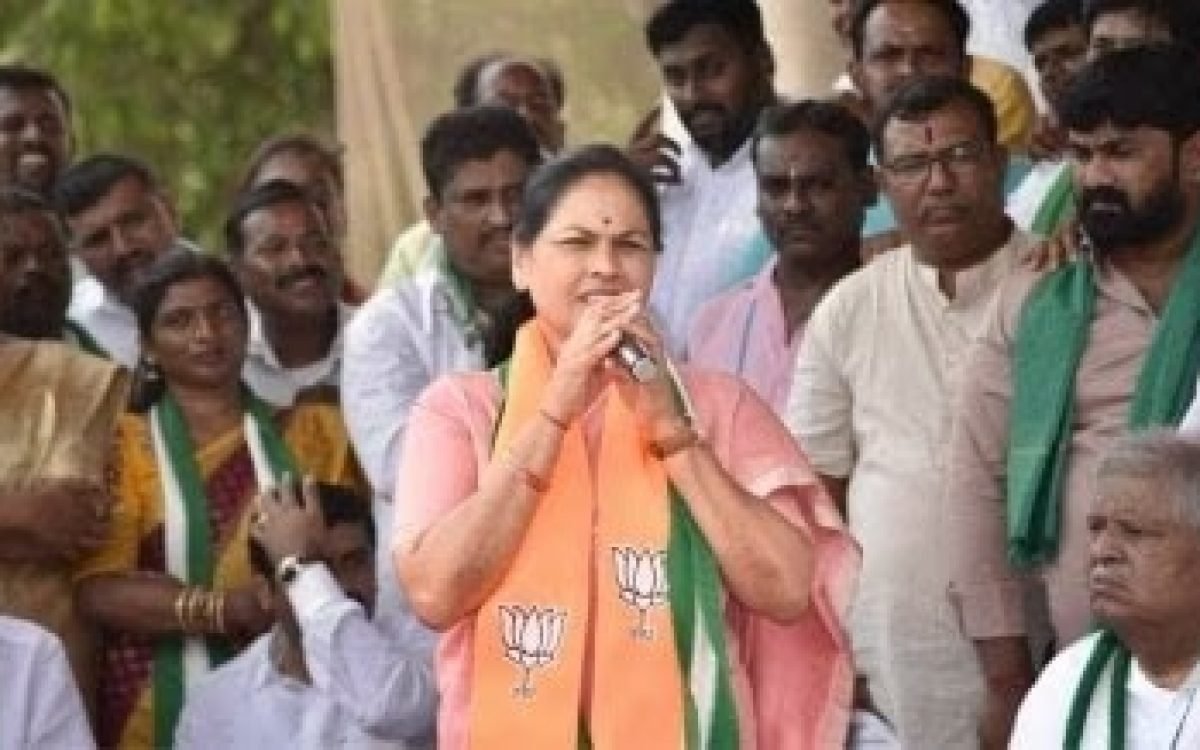In a recent turn of events, Union Minister Shobha Karandlaje has issued a public apology for her contentious statement alleging Tamil Nadu residents of planting a bomb in Bengaluru’s Rameshwaram Cafe. The incident, which sparked outrage and condemnation, underscores the importance of accountability in public discourse.
Karandlaje’s initial remarks, made during a protest concerning a separate incident, stirred a wave of backlash, prompting swift condemnation from various quarters. Accusing individuals from Tamil Nadu of nefarious activities without substantial evidence not only perpetuates harmful stereotypes but also fans the flames of regional tensions.
However, Karandlaje’s subsequent apology, though belated, offers a glimpse of accountability in action. Acknowledging the impact of her words, she expressed remorse and retracted her earlier comments, seeking forgiveness from those affected. This act of contrition serves as a reminder of the responsibility that comes with holding public office and the need for measured language, especially in times of heightened sensitivities.
The incident also highlights broader issues surrounding inter-state relations and the importance of fostering mutual understanding and respect among diverse communities. As India continues its journey towards progress and unity, instances of divisive rhetoric only serve to hinder the collective pursuit of peace and harmony.
In conclusion, while Shobha Karandlaje’s apology represents a step in the right direction, it also serves as a call to action for leaders to exercise prudence and empathy in their public discourse. By fostering a culture of accountability and inclusivity, we can strive towards a more harmonious and united society, where differences are celebrated rather than exploited for political gain.









